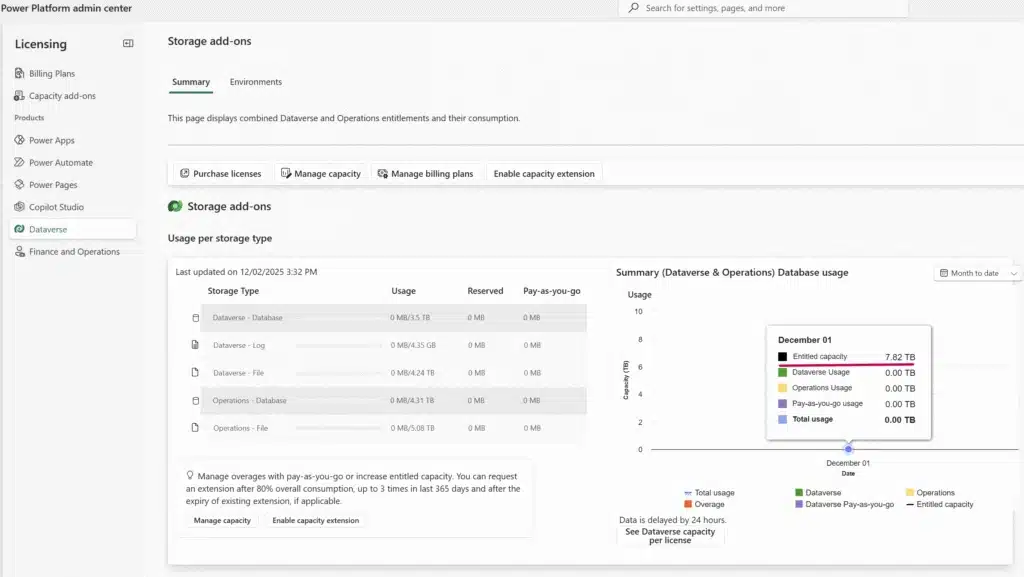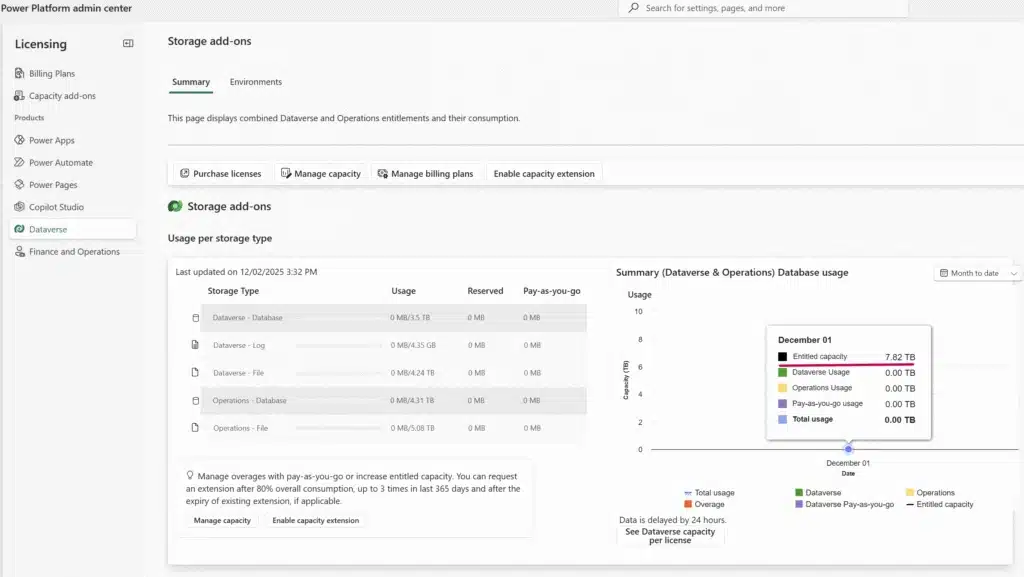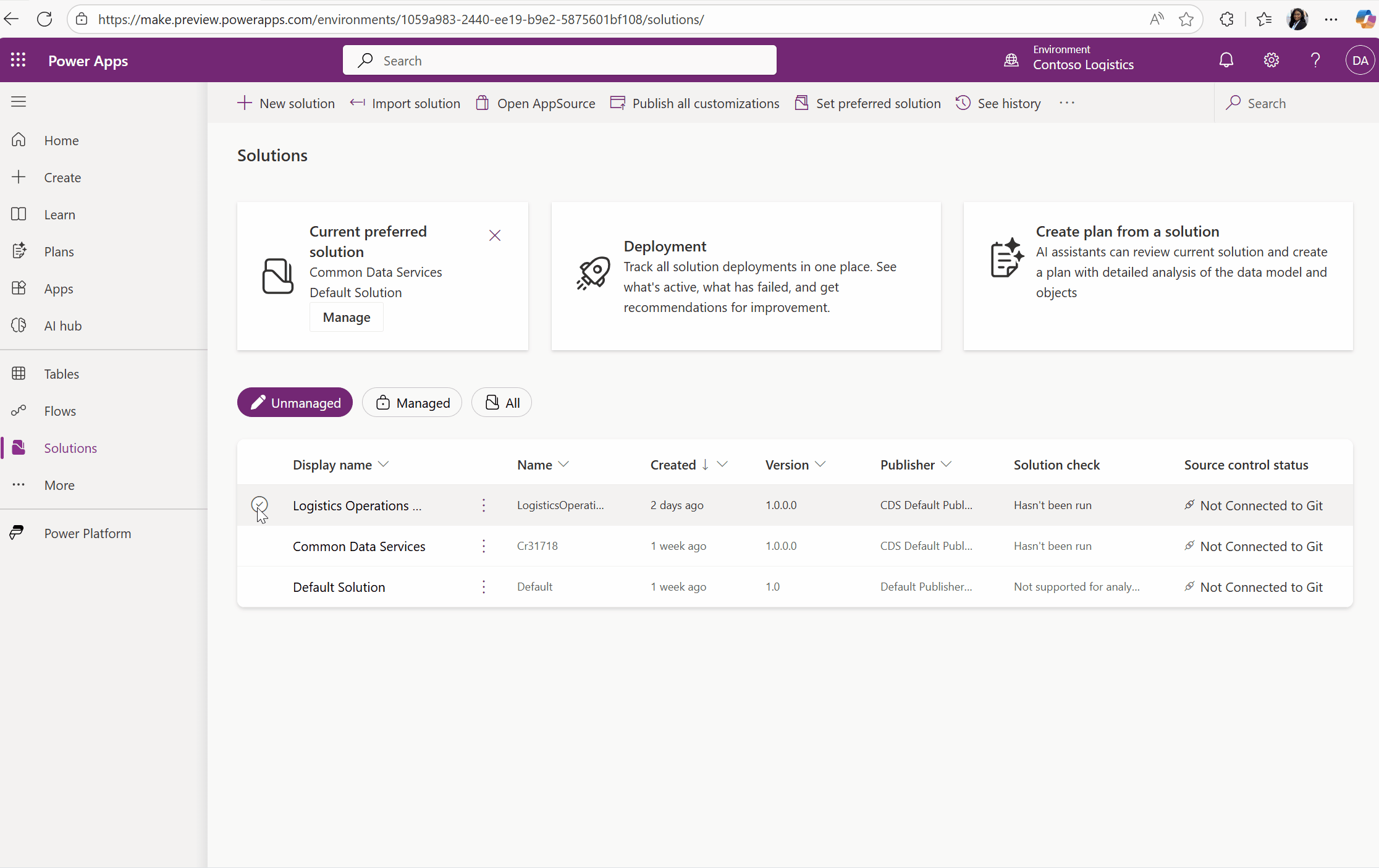Notizie per Categorie
Articoli Recenti
- [In preview] Public Preview: Azure Front Door Premium now supports Azure Private Link origins in UAE North 10 Febbraio 2026
- [In preview] Public Preview: Azure Front Door Premium now supports Azure Private Link origins in UAE North 10 Febbraio 2026
- [Launched] Generally Available: Azure Databricks Supervisor Agent 10 Febbraio 2026
- [Launched] Generally Available: Azure Databricks Supervisor Agent 10 Febbraio 2026
- 80% of Fortune 500 use active AI Agents: Observability, governance, and security shape the new frontier 10 Febbraio 2026
- Manipulating AI memory for profit: The rise of AI Recommendation Poisoning 10 Febbraio 2026
- [In preview] Public Preview: Application Gateway for Containers – AKS managed add-on 9 Febbraio 2026
- [In preview] Public Preview: Application Gateway for Containers – AKS managed add-on 9 Febbraio 2026
- A one-prompt attack that breaks LLM safety alignment 9 Febbraio 2026
- Analysis of active exploitation of SolarWinds Web Help Desk 7 Febbraio 2026

The Deputy CISO blog series is where Microsoft Deputy Chief Information Security Officers (CISOs) share their thoughts on what is most important in their respective domains. In this series, you will get practical advice, tactics to start (and stop) deploying, forward-looking commentary on where the industry is going, and more. In[…]
Read More
Today’s cyberthreat landscape demands more than technical expertise: it requires a unified response team of technical responders, insurers, brokers, and legal counsel. This integrated approach is key to building long-term cyber resilience to help your organization anticipate, withstand, recover from, and adapt to cyberattacks. It’s not just about strong defenses, but how quickly and effectively you respond to an[…]
Read More
We’re honored to share that Microsoft has been named a Leader in the 2025 Gartner® Magic Quadrant™ for Email Security. We believe this recognition highlights the value of Microsoft Defender for Office 365’s innovative capabilities in addressing today’s complex email security challenges. Protect against the latest email security[…]
Read More
Business as we know it is changing. Competitive advantage is shifting toward organizations that can harness AI to fundamentally changing the patterns of how work gets done. This enables frontier firms to innovate faster, reduce friction in execution, and dynamically respond to changing conditions in real time. We[…]
Read More
Business as we know it is changing. Competitive advantage is shifting toward organizations that can harness AI to fundamentally changing the patterns of how work gets done. This enables frontier firms to innovate faster, reduce friction in execution, and dynamically respond to changing conditions in real time. We[…]
Read More
The Deputy CISO blog series is where Microsoft Deputy Chief Information Security Officers (CISOs) share their thoughts on what is most important in their respective domains. In this series, you will get practical advice, tactics to start (and stop) deploying, forward-looking commentary on where the industry is going, and more. In this[…]
Read More
Building solutions in Power Apps is all about speed, flexibility, and innovation. But what happens when you need to revisit an existing solution—maybe to enhance it, document it, or share its design with stakeholders? Traditionally, this meant manually analyzing apps, tables, and flows to piece together the bigger[…]
Read MoreEmpowering Data Scientists and Developers to unlock Advanced Analytics, Automation, and Innovation With the open-source Dataverse SDK for Python (announced in Public Preview at Microsoft Ignite 2025), you can fully harness the power of Dataverse business data. This toolkit enables advanced analytics, streamlines automation, and fuels innovation by[…]
Read More
We are witnessing something unprecedented in cybersecurity: the democratization of advanced cyberattack capabilities. What once required nation-state resources (sophisticated social engineering, polymorphic malware, coordinated infrastructure) now fits in a prompt window. AI is no longer a futuristic concept but a present-day reality—fundamentally reshaping the rules of both offense[…]
Read MoreSecurity operations centers are under pressure from unprecedented scale and complexity. Speed, precision, and consistency matter more than ever, and AI is everywhere—but hype alone doesn’t solve the challenge. This blog shares our journey and insights from building autonomous AI agents for MDR operations and explores how the[…]
Read More